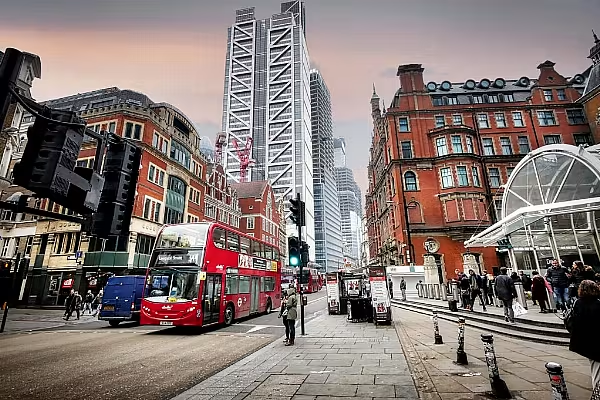British retail sales rose by a stronger-than-expected 1% in August and growth in July was revised up, official figures showed on Friday.
Economists polled by Reuters had forecast a monthly rise of 0.4% in sales volumes last month.
The Office for National Statistics said sales volumes in July rose by a revised 0.7%, up from a previous estimate of a 0.5% month-on-month increase.
Some supermarkets and clothing retailers reported a boost because of warmer weather and end-of-season sales, the ONS said.
Sterling rose immediately after the figures were published.
Recovery Of Living Standards
Following a surge in inflation in 2022 which caused a hit to consumer spending power for much of the following two years, a slowdown in price growth, faster increases in wages and an interest rate cut by the Bank of England have helped to restore some of the lost living standards.
But recent reports from UK retailers have shown discretionary spending remains under pressure.
Retailer Round-Up
Fashion retailer Primark reported a fall in UK underlying sales in its latest quarter and on Tuesday, B&Q and Screwfix owner Kingfisher said demand for kitchens and bathrooms was weak.
However Next said on Thursday that it had seen better-than-expected sales in the first six weeks of its second half, which reflected an improvement in the weather. It added that 'big ticket' home furnishing items remained a difficult market.
Consumers also appear to have taken fright at comments by the new government of Prime Minister Keir Starmer about the tough economic outlook and the possible need for higher taxes.
A survey published earlier on Friday showed consumer confidence dropping sharply to a six-month low in September.
Analyst Viewpoint
Commenting on the data, Tom Youldon, partner, McKinsey & Company, said, “Stronger performance in textile, clothing and footwear stores reflect back to school and end of season sales and may contribute to some greater positivity in retailer revenue forecasts. Food sales also saw a comeback as people celebrated the end of summer bank holiday.
“However, while consumers are showing a willingness to spend on essential and semi-discretionary categories, consumer confidence has dropped likely reflected in deferring the purchase of big-ticket items.
“The next few months are pivotal. If inflation continues to hover close to the 2% mark, consumers may start to experience a modest increase in purchasing power over the crucial golden quarter. But with higher energy bills on the horizon from October, many will be mindful of making discretionary purchases and continue to look for opportunities to trade down.
"Retailers will need to closely monitor where consumers are willing to make trade-offs and where they are willing to splurge - using these insights to inform product ranges, availability, pricing and promotional strategies.”
Additional reporting by ESM













